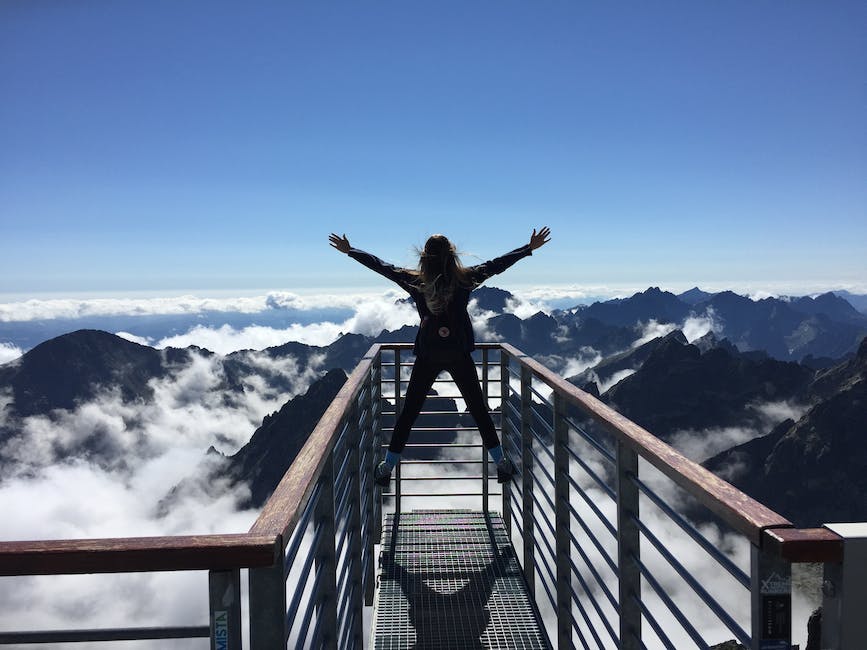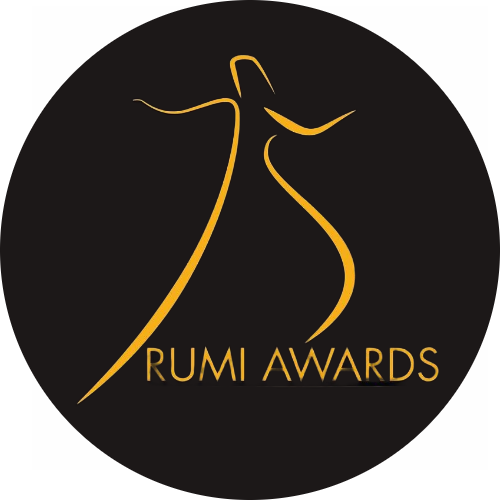The Top Ten Most Influential People in Ancient History
1. Alexander the Great: Alexander the Great was a king of the ancient Greek kingdom of Macedon and a member of the Argead dynasty. He is widely regarded as one of the most successful military commanders in history, conquering much of the known world before his death at the age of 32. His legacy has had a lasting impact on the world, inspiring generations of leaders and thinkers.
2. Julius Caesar: Julius Caesar was a Roman statesman, general, and notable author of Latin prose. He played a critical role in the events that led to the demise of the Roman Republic and the rise of the Roman Empire. His political and military acumen made him one of the most influential figures in Roman history.
3. Augustus: Augustus was the first Roman emperor and one of the most influential figures in world history. He was responsible for transforming the Roman Republic into the Roman Empire and ushering in an era of peace and prosperity. His reign marked the beginning of the Pax Romana, a period of stability and prosperity that lasted for centuries.
4. Confucius: Confucius was a Chinese philosopher and teacher whose teachings have had a profound influence on East Asian thought and culture. His philosophy of respect for authority, tradition, and education has been adopted by many cultures around the world.
5. Socrates: Socrates was an ancient Greek philosopher who is widely considered to be one of the founders of Western philosophy. His teachings and writings have had a lasting impact on philosophy, ethics, and politics.
6. Plato: Plato was an ancient Greek philosopher and one of the most influential figures in Western philosophy. His writings and teachings have had a profound influence on the development of Western thought.
7. Aristotle: Aristotle was an ancient Greek philosopher and scientist whose writings and teachings have had a lasting influence on Western thought. He is considered to be one of the most influential figures in the history of philosophy.
8. Cleopatra: Cleopatra was the last active ruler of the Ptolemaic Kingdom of Egypt. She was a shrewd political leader and a powerful figure in the ancient world. Her legacy has had a lasting impact on the world, inspiring generations of leaders and thinkers.
9. Hannibal: Hannibal was a Carthaginian military commander and one of the most influential figures in ancient history. He is best known for his daring and successful campaigns against the Roman Republic during the Second Punic War.
10. Genghis Khan: Genghis Khan was the founder and first Great Khan of the Mongol Empire. He was a brilliant military strategist and a powerful leader who unified the Mongol tribes and conquered much of Asia and Europe. His legacy has had a lasting impact on the world, inspiring generations of leaders and thinkers.
The Top Ten Most Influential People in Medieval History

1. Charlemagne: Charlemagne, also known as Charles the Great, was the King of the Franks from 768 to 814 and the first Holy Roman Emperor from 800 to 814. He was a powerful ruler who expanded the Frankish kingdom and laid the foundations for modern Europe. Charlemagne was a great military leader and a patron of the arts and education. He was also a devout Christian and a major force in the spread of Christianity throughout Europe.
2. William the Conqueror: William the Conqueror was the Duke of Normandy and the King of England from 1066 to 1087. He was a powerful ruler who successfully invaded and conquered England in 1066. William was a great military leader and a patron of the arts and education. He was also a major force in the spread of Norman culture throughout Europe.
3. Pope Gregory VII: Pope Gregory VII was the head of the Catholic Church from 1073 to 1085. He was a powerful leader who reformed the Church and laid the foundations for the modern papacy. Gregory was a great religious leader and a patron of the arts and education. He was also a major force in the spread of Christianity throughout Europe.
4. Saladin: Saladin was the Sultan of Egypt and Syria from 1174 to 1193. He was a powerful ruler who successfully defended the Muslim world against the Crusaders. Saladin was a great military leader and a patron of the arts and education. He was also a major force in the spread of Islamic culture throughout the Middle East.
5. Genghis Khan: Genghis Khan was the founder and ruler of the Mongol Empire from 1206 to 1227. He was a powerful ruler who successfully conquered much of Asia and laid the foundations for the modern Mongol state. Genghis Khan was a great military leader and a patron of the arts and education. He was also a major force in the spread of Mongol culture throughout Asia.
6. Thomas Aquinas: Thomas Aquinas was a theologian and philosopher from Italy who lived from 1225 to 1274. He was a great religious thinker and a major force in the development of Christian theology. Aquinas was a great scholar and a patron of the arts and education. He was also a major force in the spread of Christian thought throughout Europe.
7. Marco Polo: Marco Polo was an Italian explorer who lived from 1254 to 1324. He was a great traveler and a major force in the spread of knowledge about the Far East. Marco Polo was a great explorer and a patron of the arts and education. He was also a major force in the spread of European culture throughout Asia.
8. Joan of Arc: Joan of Arc was a French peasant girl who lived from 1412 to 1431. She was a great military leader and a major force in the Hundred Years’ War. Joan of Arc was a great patriot and a patron of the arts and education. She was also a major force in the spread of French culture throughout Europe.
9. Gutenberg: Johannes Gutenberg was a German inventor who lived from 1398 to 1468. He was a great innovator and a major force in the development of the printing press. Gutenberg was a great inventor and a patron of the arts and education. He was also a major force in the spread of knowledge throughout Europe.
10. Ferdinand and Isabella: Ferdinand and Isabella were the rulers of Spain from 1479 to 1516. They were a powerful couple who successfully unified Spain and laid the foundations for the modern Spanish state. Ferdinand and Isabella were great rulers and patrons of the arts and education. They were also a major force in the spread of Spanish culture throughout Europe.
The Top Ten Most Influential People in the Renaissance
1. Leonardo da Vinci: Leonardo da Vinci was an Italian polymath who lived during the Renaissance. He was a painter, sculptor, architect, musician, scientist, mathematician, engineer, inventor, anatomist, geologist, cartographer, botanist, and writer. His works are renowned for their innovation and beauty, and he is widely considered to be one of the most influential people of the Renaissance.
2. Michelangelo: Michelangelo was an Italian sculptor, painter, architect, and poet of the High Renaissance. He is widely considered to be one of the greatest artists of all time, and his works are among the most famous in the world. His influence on the development of art during the Renaissance was immense, and his works are still admired today.
3. Galileo Galilei: Galileo Galilei was an Italian astronomer, physicist, and engineer who made significant contributions to the scientific revolution of the Renaissance. He is best known for his pioneering work in astronomy, including his discovery of the four moons of Jupiter and his development of the telescope. His work revolutionized the way we view the universe and laid the foundation for modern science.
4. Martin Luther: Martin Luther was a German theologian and religious reformer who is credited with sparking the Protestant Reformation. His 95 Theses, which criticized the Catholic Church’s practices, sparked a religious revolution that changed the course of European history. His influence on the Renaissance was immense, and his ideas are still relevant today.
5. Johannes Gutenberg: Johannes Gutenberg was a German blacksmith and inventor who is credited with inventing the printing press. His invention revolutionized the way books were produced and distributed, and it had a profound impact on the spread of knowledge during the Renaissance.
6. Christopher Columbus: Christopher Columbus was an Italian explorer who is credited with discovering the New World. His voyages to the Americas opened up a new world of trade and exploration, and his discoveries had a profound impact on the development of the Renaissance.
7. Niccolò Machiavelli: Niccolò Machiavelli was an Italian political philosopher and statesman who is best known for his book The Prince. His work was influential in the development of modern political thought, and his ideas are still relevant today.
8. William Shakespeare: William Shakespeare was an English playwright and poet who is widely considered to be the greatest writer in the English language. His works are renowned for their beauty and insight, and his influence on the development of literature during the Renaissance was immense.
9. Queen Elizabeth I: Queen Elizabeth I was the Queen of England from 1558 to 1603. She was a powerful ruler who presided over a period of great cultural and economic growth in England. Her reign was marked by the flourishing of the arts, and her influence on the development of the Renaissance was immense.
10. Vasco da Gama: Vasco da Gama was a Portuguese explorer who is credited with discovering the sea route to India. His voyages opened up a new world of trade and exploration, and his discoveries had a profound impact on the development of the Renaissance.

